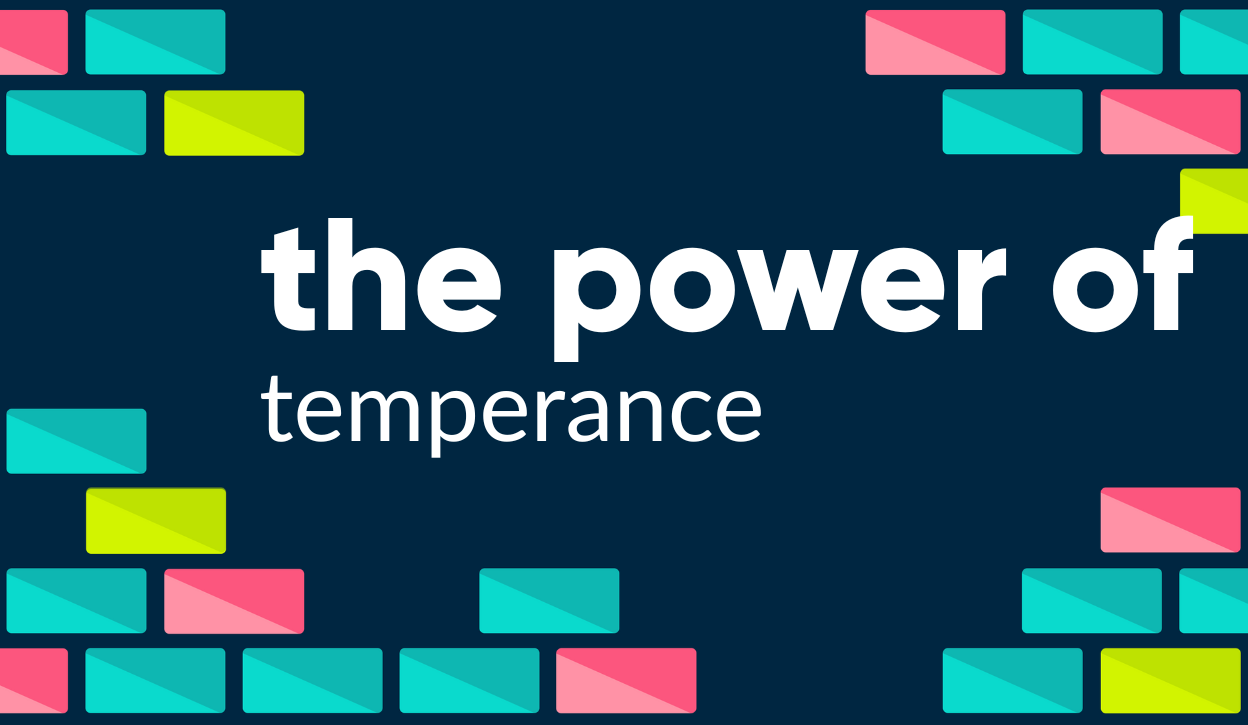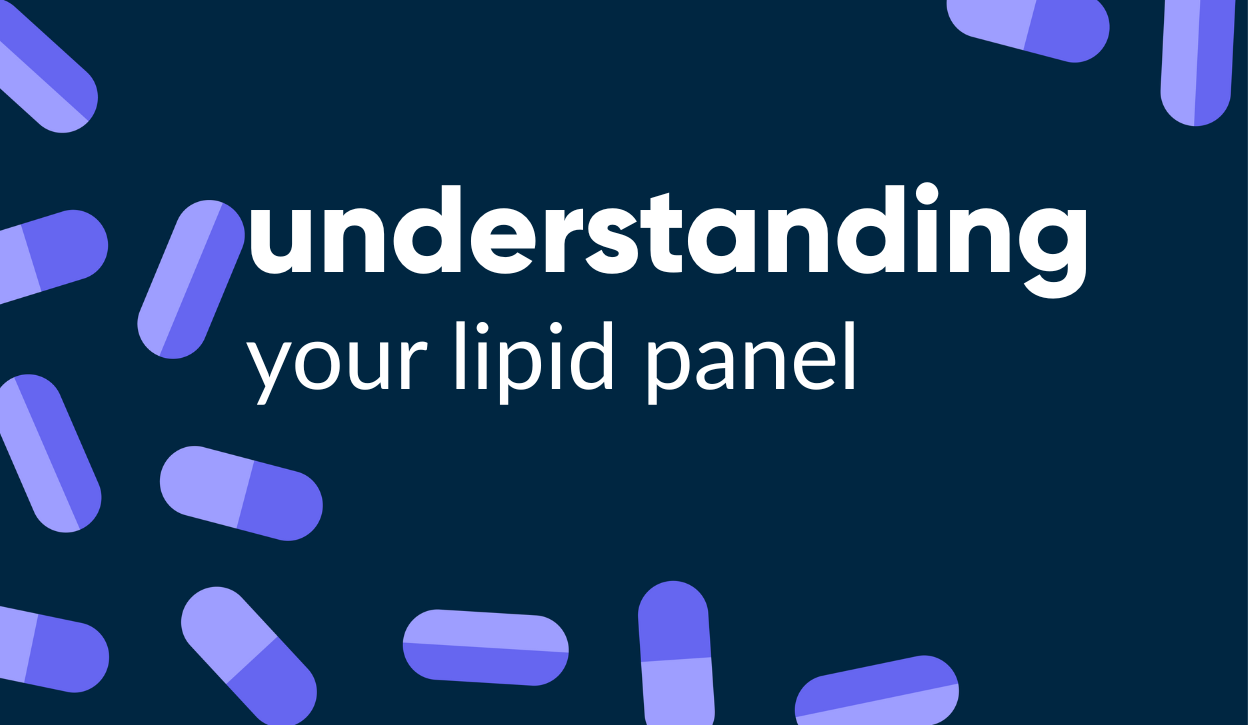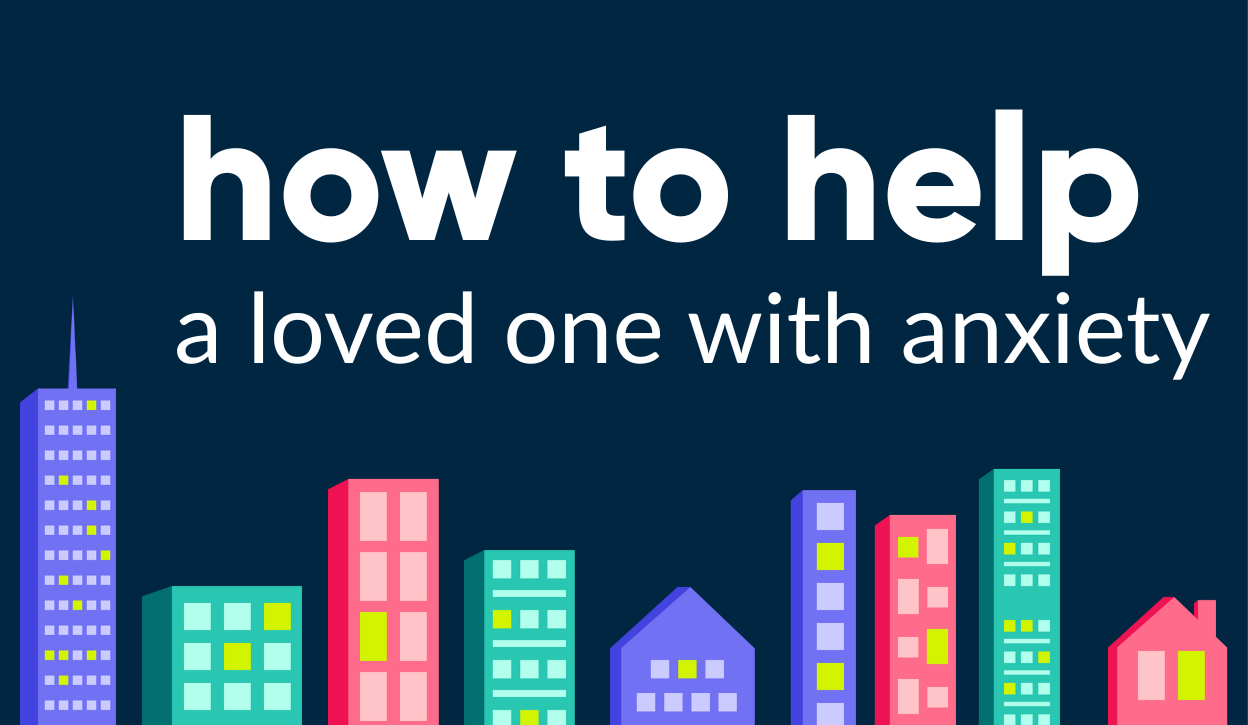
Life feels pointless.
Your relationships, your hobbies, and your rhythms bring you no joy.
You’ve felt disappointment and despair for so long, it doesn’t even feel worth continuing on.
Perhaps the threat of your family’s potential grief is the only thing forcing you stay alive. Holding you hostage.
Someone on Quora described the feeling:
“I can't find any purpose in continuing to wake up each day…..for what? I serve no real purpose to anyone, most of my family is gone and whoever remains I have little to no contact with. I'm already dealing with health issues and I'm pretty near the point where I'm willing to just succumb to whatever may happen with that than continue poisoning myself for some 'extended time.' I hate this world and most everyone in it. I'm in my forties and feel as though I've lived a full life, what else really is there to live for? Why keep waking up to do absolutely nothing every single day of my life. It's not depression, it's a realization.”
Is this you? The first thing you should do with these feelings is recognize that your brain is likely in a state of crisis. If you are contemplating suicide please immediately call or text the U.S. national suicide and crisis lifeline 988, or if you're not in the U.S. the dedicated hotline number in your country.
If you are suffering from a medical emergency or if you are in immediate danger of self-harm, call 911 (or your local emergency number) and explain that you are experiencing a mental health crisis.
You are worthy of life. Your life can get better. Please do not listen to the desperate lies of your mind in crisis. You can push forward and get out of this. Life can get better. 9 out of 10 people who attempt suicide never attempt again, and there’s a reason for that.

Why Do I Feel So Awful? I Don’t Want to Live Anymore
Hopelessness is a state of mind that can make you feel like you don’t want to live anymore. This state of mind clouds your lens of the world and your ability to think and behave rationally. Here are the common symptoms of hopelessness. Do any of these describe you?
- Your negative experiences feel bigger and worse than they really are. You find yourself minimizing or entirely forgetting about the positive things that happen in your life.
- You catch your mind echoing discouraging, defeated mantras: “No one can help me. Things will never get better. No one will care if I’m gone. Life is pointless.”
- You are withdrawing from social activities, hobbies, and habits that once brought you joy.
- You feel disconnected and lonely. Many of your relationships have wilted and you frequently feel isolated and alone in the world.
- Your mind latches onto fears about the negative things happening and your brain “catastrophizes,” expanding fears and pain points far beyond the realistic reach of their impact.
- You blame yourself for the pain and despair that you feel, and you believe that you somehow brought this turmoil upon yourself.
It’s no fun living with a brain that’s swimming in these thoughts and feelings. If you are feeling this way, you deserve the utmost empathy and support. You are going through a bad time, but this is not your fault. Millions and millions of people worldwide suffer from this state of mind. Overcoming hopelessness is a big task, but read on to learn about what the journey looks like. (Thanks to the Jed Foundation for these tips about hopelessness).
How to Escape Depression and Make Your Life Joyful
If you’re struggling with depression, you might feel like most chatter about how to improve your mental health is either obvious, redundant, or useless, since you’ve tried it all before and the recommendations never work. You likely feel discouraged and frustrated. Not to mention that you sometimes feel like healthy people belittle you for your depression and insinuate that you just need to “snap out of it.”
Notwithstanding all of that, hear me out: something has to change.
Whatever beliefs, systems, or habits you have in your life may feel good and necessary to you, but the brutal truth is that these things are not working for you. If they were, you would not be feeling the terrible way that you are currently feeling.
Getting out of depression is one of the absolute hardest mountains to climb because to do it, your rational mind must subdue your depressed mind. You must do some of the things you most dread doing. You have to get out of your comfort zone. These next sections will ask you to do things that you may not be comfortable doing. If you want to get better, please do them anyway.
“I believe depression exists, but I also believe that if you’re not eating right, exercising, and getting sunlight, you’re not giving yourself a fighting chance.” - Jim Carey

Cry for Help - Reach Out To a Friend
Opening up and asking for help is one of the most important but hardest things you will need to do to escape your hopelessness. If you are feeling seriously unwell, reach out to a friend or family member and ask them if you can talk. Let them know that you have been struggling with depression and mental health. Let them know if you are contemplating suicide. If you have planned out a method or plan for suicide, share it with them, and ask for their help to protect yourself. This may involve asking them to hold onto your gun, your pills, or other potential instruments of harm until you feel better.
This conversation may be awkward. It will likely scare whoever you bring it up with. But this step is absolutely crucial for your safety and for beginning the journey back to health and happiness, and both you and them will be so glad you brought it up. Find a therapist, or a stable friend or a family member who can help you process your feelings and encourage you to do the things that will help you mentally heal.
Get Professional Advice and Consult with a Doctor
Feeling like you don’t want to live anymore is a serious condition that should not be taken lightly. That is why you should seek serious help. Medical and professional guidance can provide you with the support you need to manage your depression and improve your quality of life. A doctor or mental health professional can diagnose your condition and provide a personalized treatment plan, which may include therapy, medication, or a combination of both.
Talking to a mental health professional can also provide you with a safe and non-judgmental space to discuss your thoughts and feelings, which can help you to understand your depression and develop strategies to manage it. In addition, therapy can assist you in identifying and addressing any underlying issues that may be contributing to your depression, such as trauma, stress, or relationship problems.
Depression is a treatable condition, and with the right support, you can recover and lead a fulfilling life. Seeking medical and professional guidance is a positive step towards improving your mental health and well-being, and can help you to find the support you need to overcome your depression.

Redesign Your Habits and Lifestyle
We live in a modern age where more health, wealth, and luxury are available to the human family than ever have been in the past. And yet, depression and suicide rates are trending upwards. One might wonder why this is occurring.
According to the National Library of Medicine, “Modern populations are increasingly overfed, malnourished, sedentary, sunlight-deficient, sleep-deprived, and socially-isolated. These changes in lifestyle each contribute to poor physical health and affect the incidence and treatment of depression.”
In previous centuries, the majority of people across the globe were forced to go out in the sunlight and exercise for at least a couple hours a day, whether that involved a job with manual labor or perhaps, just walking to town. Inevitably, these mandatory excursions also created social interaction. Plus, the high cost of artificial light meant that by and large, people rhythmically went to sleep and woke up with the sun.
In our age, we have found ways to bypass all of these life patterns that developed with the very first homo sapiens. If you are someone who does not exercise, rarely leaves the house, spends the majority of the day shielded from the sun looking at screens, interacts with very few other people face to face, and goes to bed and wakes up at inconsistent, unhealthy times—you are far from alone, and you are likely depressed or unhappy. You are not living the way that you were biologically built to live.
If you want to beat depression and thrive, you must meet your body and mind’s needs. This will create a psychological environment that is ready to host emotions of happiness, peace, and joy.
Healthy habits that reduce depression include:
- Eating a balanced diet with plenty of nutrition and fiber
- Spending at least 30 minutes a day exercising with an elevated heart rate
- Getting good sleep (not too much, not too little)
- Spending time outside and getting sunlight
- Socializing: regularly converse face to face with other people
- Managing stress: reading a book, listening to music, practicing a hobby
Other anti-depression habits that work strangely well:
- Keeping a gratitude journal and reflecting on the good things happening in your life
- Taking cold showers or cold baths (clinically proven to increase dopamine)
- Finding opportunities to serve other people and sacrifice your own time and comfort
- Regularly meditating or praying
- Following a strict routine or schedule
Create a System of Accountability to Maintain Good Habits
Whether you draft up a calendar with checkboxes, send update texts to a friend, or if you report to a partner or loved one every night about your goal performance, conscripting the power of accountability will help you maintain your habits. It’s easy to get excited about lofty ambitions or a life change for a few days. But what happens when your excitement withers? Having a way to report your efforts and own up to your goals in the long term will help you stick with your positive behaviors until they integrate with your natural lifestyle.
At Galvan, we are building an app that encourages people to improve their health and wellness. Our app assesses your heart rate, exercise habits, and even the nearly-imperceptible nuances of your voice to help you track your mental health on a daily basis. Not only can you share your progress with friends, but our app will give you rewards for good behavior. Download the app today!

Whatever You Do, Don’t Give Up
We hope that this article has offered some useful advice and a fresh perspective. At Galvan we are all about elevating society’s health and happiness. Please make a plan and make goals for how you can turn your life around and start feeling better. And please let us know if this article helped you or if you have any feedback for us! If you would like to hear more mental health tips from us, you can receive articles right to your phone or email by signing up below.
Galvan Nodes and the IZE Blockchain are governed by a Distributed Governance Framework, which is distinct from and not solely controlled by Galvan DAO LLC. Any value derived from Galvan Nodes and IZE Digital Rewards is likely to be uncorrelated with the success or failure of Galvan.
Galvan does not sell tokens. The IZE Blockchain, which is governed by Galvan Node Owners, self-governs the distribution of tokens. Tokens are earned in exchange for work and action on the IZE Blockchain. The token is designed to have utility on the Galvan platform for the purchase of Galvan’s products and services. The token is not an investment product and may never have any value outside of the Galvan platform. Galvan Node Owners should not expect to recognize any value from the token other than its utility with Galvan. Galvan does not anticipate correlation between the token value and Galvan’s business activities.
This article may contain forward-looking statements that involve substantial risks and uncertainties. Forward-looking statements discuss plans, strategies, prospects, and expectations concerning the business, operations, markets, risks, and other similar matters. There may be events in the future that we cannot accurately predict or control. Any forward-looking statement contained herein speaks only as of the date on which it is made. Factors or events that could cause our actual results to differ may emerge from time to time, and it is not possible for us to predict all of them. We do not plan to update or revise publicly any forward-looking statements except as required by law.













